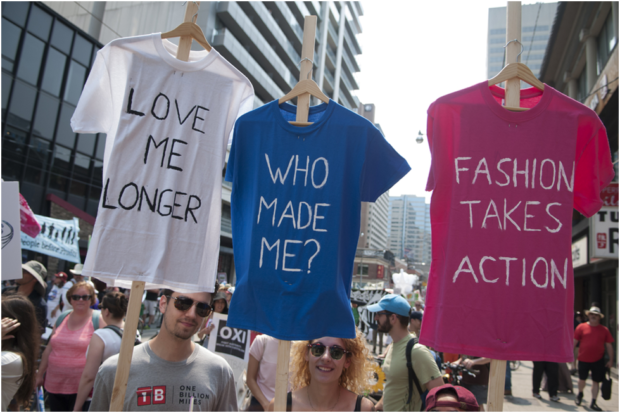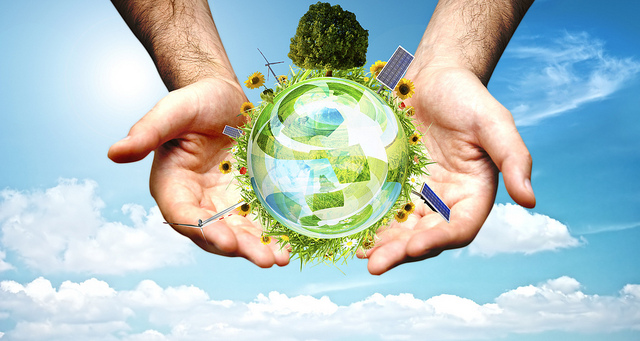More Than Style – Why Fashion Is Starting To Shift Toward Sustainability

In the current world of unending social media feedback and related scrutiny, fashion houses and world-leading brands have had to sit up and take notice of customer concerns regarding environmental impact and sustainability. With profit margins and shareholder dividends on the line, there’s literally the world at stake for fashion’s big names.
Fabric Of Change
Often used as the default ‘natural’ fabric, cotton has a range of ecological issues associated with its use. The growing of cotton requires a staggering amount of natural resources – both water and land. In order to yield a sum of cotton roughly equivalent to a t-shirt, a cotton grower would have to use 2700 litres of water. Consider the issues currently cropping up with viable potable water in major cities, and you can begin to see why it’s a good idea to consider the use of other, less destructive natural materials.
Added to these concerns on the drain of available natural resources is the use of otherwise arable land for fibre crops in areas with high rates of poverty and famine and low food security. There’s also worrying levels of deforestation and natural habitat decline. Hide-based fabrics (leather and suede) are also problematic, contributing to global warming through animal pollutants, the aforementioned deforestation and chemical processing.
With all that in mind, it’s no wonder that the fashion pack is beginning to cotton on.
Bamboozled
Looking toward the past in order to look toward the future, switched-on designers and textile makers are now producing ranges made from more environmentally responsible bamboo. Diverse clothing articles such as t-shirts, tights and even bamboo underwear are comfortable, climate controlling, and come without the heavy moral drain of similarly styled cotton pieces.

Some benefits of using bamboo include its quick growth cycle, its oxygen generation capacity, and its lesser reliance on large sums of water. Bamboo can (and does) grow in areas with a lack of solid, reliable rainfall.
The Dangers Of Fast Fashion
The 24 hour news cycle which has heralded the rise of ‘fast fashion’ is another culprit in the legion of factors influencing the eco-crisis of modern fashion. The traditional fashion/runway cycle based around northern hemisphere seasons has been eclipsed by a perennial production machine which aims to replicate and recreate runway looks within a period of days, rather than the weeks and months of the past.
This thirst for a quick fix of fashion has led to a drop in garment quality, and a reliance on materials which are synthetic, unsustainable for the planet, and not manufactured with longevity in mind.
Green Label
The rise of parallel brands within well known retailers as a test market for more ethical and sustainable fashion options is growing. Massive garment sellers such as H&M and ASOS (which rely increasingly on the cycles of fast fashion) have created in-house parallel brands which tout eco-ethical benefits, such as improved worker conditions, fair-trade products, and more sustainable fabrics.
These in-house labels (such as the aptly-named ‘Conscious’ by H&M) are priced at a higher point, and aimed towards the increasing market of discerning consumers who use their money and repeated custom to send a message to fashion houses that the old systems and their lack of environmental and ethical awareness are no longer acceptable.
The 24-hour news cycle which perpetuates and helps propagate fast fashion is – aptly enough – the same reason fashion companies can no longer claim to be ignorant of their ecological impact. Brands wishing to take advantage of the growing tide of critical consumers have already begun the slow transition from less sustainable fibres via their parallel brands, while smaller outfits remain ahead of the game by pioneering more environmentally and ethically sustainable fabrics before outright crisis ensues.


